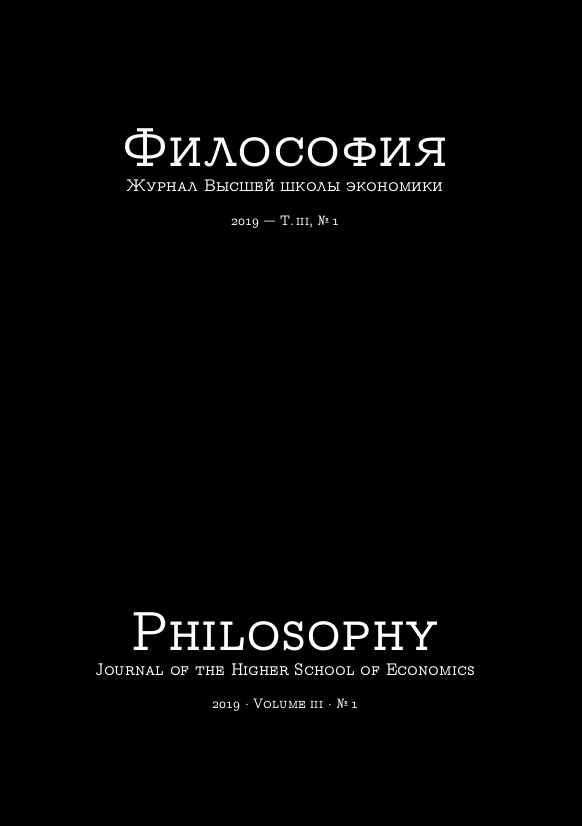Philo’s Dialectics of Apophatic Theology, His Strategy of Differentiation and His Impact on Patristic Exegesis and Theology
Abstract
This paper deals with several aspects of the impact of Philo’s ideas on Patristic thought. First, the author shows how Philo’s “dialectics of apophatic theology” influenced later theological systems, in the first place in respect to what we call “a strategy of differentiation” between unknowable divine substance and knowable divine activities. These activities for Philo were connected to the notion of Logos/Wisdom (which Philo used most probably in a non-hypostatic sense), understood in a middle-Platonic sense as “intelligible cosmos”. However, Philo’s apophatic theology is always supported by his allegorical interpretation of Scripture. After considering both the Platonic and the Jewish background of the Philonic Logos, the author traces the transformation of this concept in Clement, Origen, and Gregory of Nyssa. These authors, in line with the Philonic apophaticism, also stress the unknowability of God’s essence. Philo’s gnoseological theocentrism determines what has been labeled as his “religious psychology”: since human reason is itself a gift from God, one’s life needs to be dedicated to worshipping God in a continuous effort to know Him. This creates a sort of tension the knowledge of God as the ultimate goal of human life and the fact that the nature of God is, after all, incomprehensible for humans. That is why Philo, according to his “strategy of differentiation,” describes the process of cognition in “mystical” terms. Although the Christian Platonists
follow him in this respect, in their writings mysticism acquires a clear eschatological dimension which, in case of Philo, is either lacking or very elusive.






